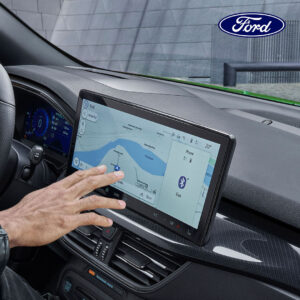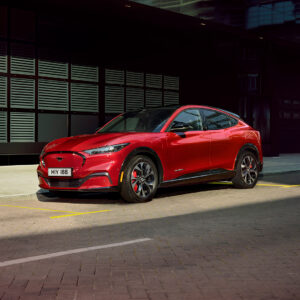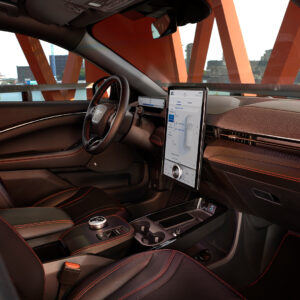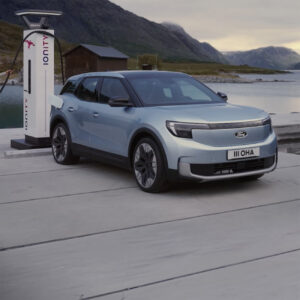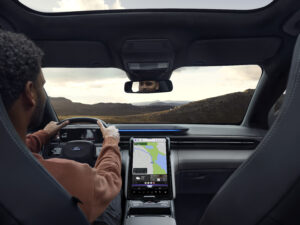- New Cars
- Used Vehicles
- Offers
- Motability
- Aftersales
- Transit Centre
- Contact
- OMODA
What are the advantages of driving an electric vehicle?
- Better for the planet. The biggest advantage of driving electric vehicles is the impact on the environment. Fully electric vehicles do not emit any exhaust gases, reducing air pollution. Electric vehicles are also much quieter than petrol or diesel vehicles meaning reduced noise pollution, particularly in busy towns and cities.
- Fewer trips to the pumps. Install a wall box and charge your electric vehicle at home.
- Running costs will likely be cheaper as electric vehicles have fewer moving parts than traditional petrol or diesel engines meaning cheaper servicing and maintenance costs. In addition, vehicle tax is either zero or low.
To find out more about the benefits of going electric, or to learn about the most recent EV news, click below to visit Zapmap
What are the different types of electric vehicles?
1. PHEV = Plug-in hybrid Electric Vehicle
- PHEVs use batteries to power an electric motor and another fuel (like petrol or diesel), to power an internal combustion engine (ICE, a traditional engine). PHEV batteries are charged using a wall outlet or charging equipment, by the ICE, or through regenerative braking.
- FHEVs run on both an internal combustion engine (ICE) and an electric motor that uses energy stored in a battery. Unlike most electric vehicles, however, HEV drivers charge their batteries via regenerative braking.
2. FHEV = Full Hybrid Electric Vehicle
FHEVs run on both an internal combustion engine (ICE) and an electric motor that uses energy stored in a battery. Unlike most electric vehicles, however, HEV drivers charge their batteries via regenerative braking.
Kuga
Beautifully designed, remarkably efficient, effortlessly capable. Kuga Plug-in Hybrid offers a clean, quiet approach to SUV driving*, with an electric-only range of up to 28 – 39 miles**.
MHEVs blends an internal combustion engine (ICE) and an electric motor. Using the battery reduces fuel consumption but you have the traditional fuelling option on hand if needed.
Puma, Focus and Fiesta
Ecoboost is Ford MHEV technology (available in the Puma, Focus and Fiesta) which boasts 20% faster acceleration and 10% better fuel economy.*
EVs have an electric motor that is fully powered by batteries.
Mach – E
Ford’s first all-electric SUV. Beautifully sculpted design, state-of the-art technologies, and a maximum electric driving range of up to 280-379 miles (WLTP test results).***
The Mustang Mach-E is an electric SUV that delivers instant acceleration, with the GT model capable of 0-62mph in just 3.7 seconds.****
All-Electric Ford Explorer
The ultimate all-electric SUV is here. Adventure ready. Iconic design. Fast charging. With superior comfort and advanced driver assistance technology. The Explorer. Redefine the meaning of adventure.
Take a virtual test drive here.
Charging facts
Charging at home is more cost effective than at a charging station. Depending on the vehicle and if you have a driveway or garage at home, consider getting a wallbox charging point installed.
Charging points range from £80-£2,000 depending on the speed the vehicle charges, if you need to charge more than one vehicle at a time, whether you’d like to control charging from your smartphone (smart chargers) and the design and quality of the unit. Check that your preferred vehicle is compatible with a super fast charger.
Where are the charge points in Cardiff?
Cardiff Council has installed the first 18 public electric vehicle charge points across 10 locations in:
- Canton
- Cathays
- Penylan
- Plasnewydd
- Riverside
Find out where the nearest charging points are near you by clicking, here.
Can I plug it into mains electricity?
Yes, although it will take longer than charging via a wallbox.
How much does it cost to charge at home?
Charging at home cost about 14p-35p, costs vary by make and model (this approximation is from early Sept 22.)
How do I extend battery life?
It’s best to charge the battery at home, where you can charge it slow and steady. If you want to stop at a public charging station, make sure that it’s one of the high-voltage chargers, not the slower ones. And remember: don’t fully charge your battery unless you have a long trip tomorrow; stop at 80% or 90% instead. And even if you do have a long trip tomorrow or next week, don’t let the battery run down too far – it needs time to recover after each use.
Where should I start if I’m unsure about EV’s?
If you are unsure, your best bet would be to start with a plug-in hybrid. On the weekends, see how long you can go driving with the battery charge alone – this will give you a good indication is going electric suits your lifestyle.
Start Your Journey To Electric, Now!
Experience the future of driving by test driving fully or partially electric vehicle now.
Call us on 02920 223 100 / click the botton below | Or visit us at 281 Penarth Road, Cardiff, CF11 8YZ
Important Information
By mid-2026 the entire Ford passenger vehicle range in the UK will be zero emissions capable, EV or PHEV and will be completely EV by 2030.
*When compared with other non-hybrid engines.
**Based on full charge of Kuga PHEV ST-Line Edition. Estimated range using Worldwide Harmonised Light Vehicle Test Procedure (WLTP). Figures shown are for comparability purposes and should only be compared with other vehicles tested to the same technical procedures. Actual range varies with conditions such as external elements like temperature, driving behaviours, route profile, vehicle maintenance, and lithium-ion battery age and condition. 39-mile WLTP Overall Range reflects a combined driving cycle and 28-mile WLTP Extra High range reflects motorway driving – both tests are conducted in controlled conditions with an ambient temperature of 23 degrees Celsius and no climate or electrical load.
*** Based on full charge of Mustang Mach-E RWD Extended Range. Estimated range using Worldwide Harmonised Light Vehicle Test Procedure (WLTP). Figures shown are for comparability purposes and should only be compared with other vehicles tested to the same technical procedures. Actual range varies with conditions such as external elements like temperature, driving behaviours, vehicle maintenance, and lithium-ion battery age. 379-mile WLTP Overall Range reflects a combined driving cycle and 280-mile WLTP Extra High range reflects motorway driving – both tests are conducted in controlled conditions with an ambient temperature of 23 degrees Celsius and no climate or electrical load.
**** Data for Ford Mustang Mach-E GT. Target Ford test data based on testing methodology using 1-ft rollout i.e. from a rolling start.





